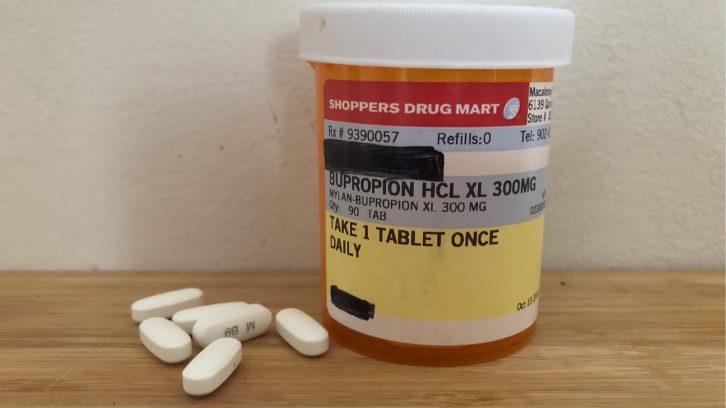
“We wanted to attack this using a multi-model approach that took advantage of the synergistic relationship between NAC and guanfacine.” Guanfacine and NAC Relieve Long COVID Brain Fogįaced with his first long COVID case, Fesharaki-Zadeh recognized the overlap between the brain fog his patient was facing and symptoms in his post-concussive patients.

“I had the idea of approaching the treatment from two different perspectives-modifying the pro-inflammatory, pro-oxidation pathway with NAC, and treating the post-COVID neurocognitive sequelae impacting executive functioning with guanfacine,” he says. After encountering his first long COVID patient in June 2020, he became interested in using this regimen to treat the post-COVID brain fog. NAC, the second medication, is a robust antioxidant and anti-inflammatory agent that can also be used to treat this neural region.įesharaki-Zadeh is a clinical neuroscientist with special interests in traumatic brain injury and PTSD who has been treating his patients successfully with a combination of guanfacine and NAC for years. While originally developed to treat ADHD, it is being used to treat other conditions associated with prefrontal cortex dysfunction, and studies show that the drug is effective in restoring executive functioning and memory.
/wellbutrin-withdrawal-symptoms-timeline-treatment-4176725_final-a34a40ae61294188a59909b57fcbdc78.png)
Guanfacine, one of the two drugs tested in this trial, is designed to strengthen prefrontal cortex connections and protect against inflammation and stress. “The neurons have to generate and sustain their own activity.” Arnsten says inflammatory factors can interfere with these molecular needs and inhibit the circuits’ ability to function. “The circuits that generate higher cognitive function have very special molecular needs because they’re having to create neural activity without any sensory stimulation-abstract thoughts and memories, for example,” she says. Neural circuits in this region are “remarkably vulnerable” to inflammation and stress, says Arnsten, who has spent decades studying the circuits behind cognition. Focus on a Brain Area With Unique PropertiesĮxecutive functioning, working memory, and attention regulation are carried out by a recently evolved area in brain called the prefrontal cortex. The researchers published their case study in Neuroimmunology Reports on November 25. You can ask your physician-these drugs are affordable and widely available.” Because they are FDA-approved and have been used for years, their safety for patients is established. “You don’t need to wait to be part of a research trial. “There’s a paucity of treatment out there for long COVID brain fog, so when I kept seeing the benefits of this treatment in patients, I felt a sense of urgency to disseminate this information,” says Fesharaki-Zadeh.

If patients have a physician who can read our paper, we’re hoping that they can access help right now. And while larger, placebo-controlled clinical trials will be needed to establish these drugs as a bona fide treatment for post-COVID-19 neurocognitive deficits, they say patients can obtain them now if their doctors wish to prescribe them. The combined therapy, they found, was successful in relieving brain fog for their small cohort of patients.

Now, Arnsten has joined forces with Arman Fesharaki-Zadeh, MD, PhD, assistant professor of psychiatry and of neurology, who has been treating long COVID patients with a combination of guanfacine and N-acetylcysteine (NAC), an anti-oxidant also used for the treatment of TBI. Kent Professor of Neuroscience and professor of psychology, was approved by the Food and Drug Administration (FDA) for the treatment of ADHD in 2009, but clinicians have also used it extensively off-label for other prefrontal cortical disorders such as traumatic brain injury (TBI) and PTSD. Guanfacine, developed in the lab of Amy Arnsten, PhD, Albert E. While the number of patients they studied is too small for their results to be definitive, Yale researchers-using their extensive experience with two existing medications-have published initial evidence that those drugs, given together, can mitigate or even eliminate brain fog. Brain fog can be debilitating, but there currently are no treatment options that are approved for the condition. Long-haulers may experience a lack of mental clarity, poor focus and concentration, memory problems, difficulty with multi-tasking, and more. While symptoms vary widely, a common complaint among patients is “brain fog”-a colloquial term for significant, persistent cognitive deficits, with consistent impairment of executive functioning and working memory. Individuals with long COVID, sometimes referred to as “long-haulers,” experience symptoms that may persist for weeks, months, or even years after their acute viral infection.


 0 kommentar(er)
0 kommentar(er)
